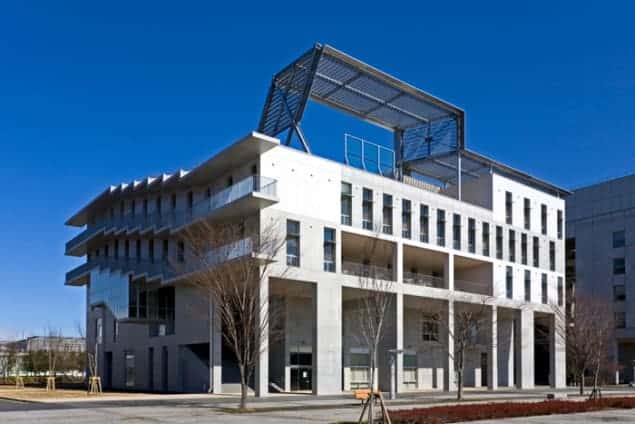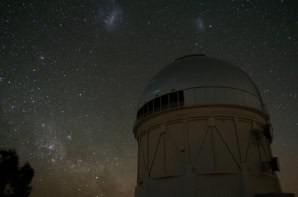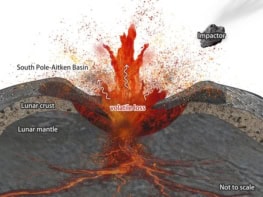
The future of one of Japan’s leading cosmological research centres could be safe after it was awarded a massive $7.5m cash boost from the US-based Kavli Foundation. The Institute for the Physics and Mathematics of the Universe, which is based at the University of Tokyo, becomes the first centre in Japan to be supported by the foundation. There are now a total of 16 Kavli institutes around the world, including 10 in the US, three in Europe and two in China.
Set up in 2007, the centre will now be known as the Kavli Institute for the Physics and Mathematics of the Universe (Kavli IPMU). It seeks to tackle some of the biggest questions in physics, such as the origin, evolution and fate of the universe as well as the nature of dark matter and dark energy. The work is carried out on an interdisciplinary basis by more than 200 researchers, including theoretical and experimental physicists, mathematicians and astronomers.
The new money is a vital boost for the institute, which was set up as part of a Japanese initiative to attract scientists from abroad to work in the country. A total of five institutes were founded under the country’s World Premier International (WPI) programme, each of which was promised $10m a year for a decade and told to recruit 30% of its researchers from overseas. However, in early 2010 the Japanese government cut the WPI’s budget by 22%, putting question marks over the IPMU’s long-term future. Plans for two new WPI institutes were then axed, leaving the IPMU with a smaller, but still problematic, 3.6% budget cut.
Hitoshi Murayama, director of the IPMU, says that the support from the Kavli Foundation will now help the institute to keep going even when the WPI funding runs out. “The return [from the endowment] is nowhere close to the current funding level, but it is a start,” he told physicsworld.com. Murayama is confident that the Kavli cash will also bring “prestige and international visibility [that] should help the institute to attract and recruit more scientists”. Murayama himself was lured back to Japan to run the IPMU after almost 15 years in the US at the University of California, Berkeley. Currently, some 56% of the IPMU’s staff are non-Japanese.
The Kavli Foundation, based in California, was set up in 2000 by the Norwegian-born physicist and philanthropist Fred Kavli. It sponsors research in astrophysics, nanoscience, neuroscience and theoretical physics. It also awards three prestigious $1m prizes each year as well as funding workshops, symposia, Kavli professorships and a programme for science journalists. “I hope that our support of science in Japan can demonstrate that the quest for knowledge has no boundaries, and that finding the answers to some of science’s biggest and most fundamental questions itself requires international collaboration,” says Kavli.




